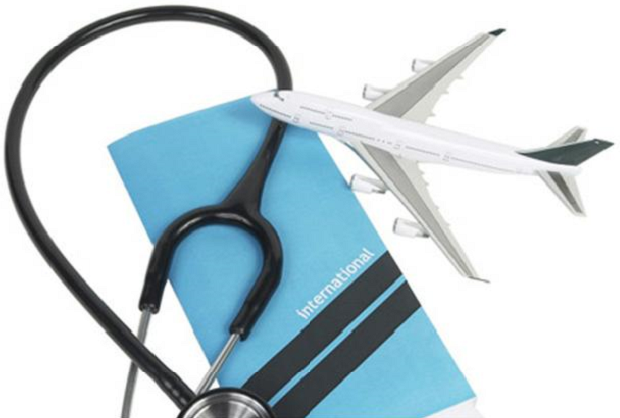Decades ago, I did not go to Alliance. I did however attend the University of Nairobi’s law school where I met those very few who went to Alliance, sharing in the rarified air of their intellectual presence. Mosocho was my classmate and together with about 160 others, we were one of the pioneers of the government’s new increased student loan system. The system gave us direct cash amounting to about Kshs 7,000 per academic year as well as about Kes 42,000 indirectly which was remitted to the University instead to pay for our tuition. To be honest, I blew my “boom” as it was fondly referred to on the good life. The very soft life of a university student who needed clothes to look good and money to party. Mosocho, I later came to discover in my second year of university, was an orphan and was the eldest of six siblings. He used his boom to pay their fees throughout our time at campus.
Mosocho was my first unknowing encounter with the concept of “Black tax”. The term originated in South Africa and is defined by Investopedia as the financial burden borne by Black people who have achieved a level of success and who provide support to less financially secure family members. The monetary transfers are made by middle class and wealthy black people to relatives who are struggling to make ends meet. Investopedia further explains that the term not only defines the movement of funds, but more importantly includes the toll that it takes on the financially able family member who may be unable to build wealth in the same way as their White peers who don’t share the same financial obligations.
Historical racial injustices aside, Black tax is actually a continent wide phenomenon. Due to the high unemployment rates and economic disparities for most Africans, we endure Black tax under almost daily circumstances. From paying school fees for siblings, cousins and village mates to paying for hospital bills, rent, funeral expenses and daily subsistence for relatives, friends and former colleagues. Unless you live in an African Mars equivalent, you have to have paid Black tax in some shape or form in the last month.
Consequently, this is one of the leading determinants of the slow growth of African middle class wealth as there are multiple, unbudgeted financial pressures on largely static incomes. While it is virtually impossible to quantify the amounts paid locally, a more visible manifestation of Black tax is apparent in the form of diaspora remittances. In sub-Saharan Africa, the top five recipients of remittances in 2021 were Nigeria at US$ 19.2 billion, Ghana at $4.5 billion, Kenya at $3.7 billion, Senegal at $2.7 billion and Zimbabwe at $2.0 billion.
The more illuminating numbers are the ones that show just how impactful those dollar inflows are to the local economies. According to the World Bank press release, the top three sub Saharan countries where the value of remittance inflows as a share of GDP is significant are the Gambia at 27%, Lesotho at 23% and Comoros Islands at 19%. The senders of those remittances may or may not have achieved the middle class dream of owning their homes and living debt free. But they do partake (whether willingly or unwillingly) in the African spirit of Ubuntu which recognizes that the individual exists in a microcosm that is actually part of a larger community thus cannot survive without helping others.
Unfortunately it is this very concept of Ubuntu or its Swahili equivalent “utu” that leads to the insidious social fallout of Black tax. Diasporans have numerous nightmarish stories of money sent to close relatives to buy plots or construct homes which are only bought or built in the lofty corridors of the sender’s mind. Frequently the recipient diverts the funds to other personal uses. One frailty of the human condition is to confuse charitable largess with entitled, guaranteed income and consequently view the socially respected “rich” relative as a perpetual ATM. The subsequent family fallout is usually as spectacular as watching migrating wildebeest cross the Mara river. It never ends well for some.
The government’s push to Kenyans to seek more jobs abroad is an indirect way to ensure that this key source of attractive foreign exchange grows thereby diversifying our reliance on agricultural exports for global currency. Meanwhile, Mosocho became a very successful lawyer and is currently a senior partner at a leading law firm. Black tax does get its just rewards!

 carolmusyoka consultancy
carolmusyoka consultancy
 @carolmusyoka
@carolmusyoka

